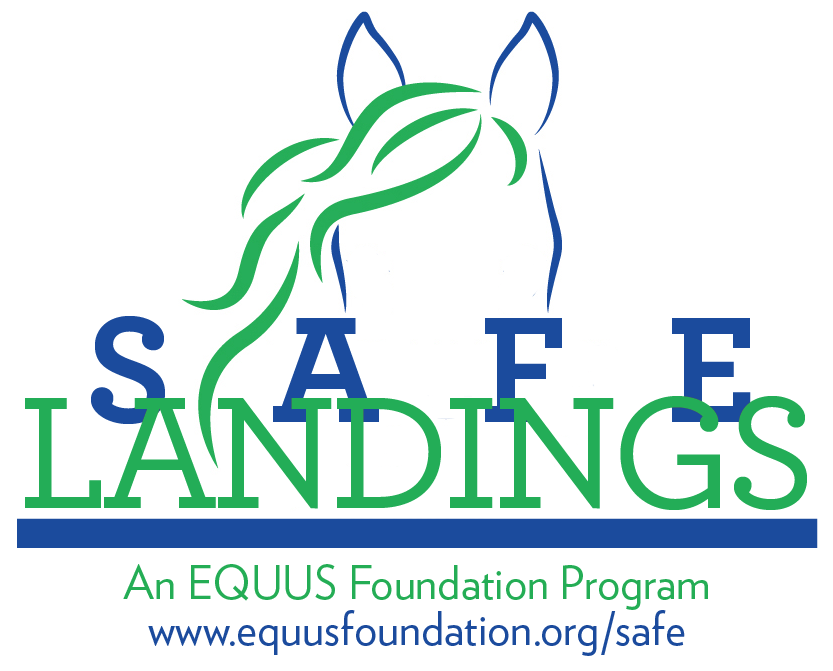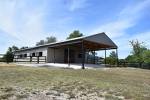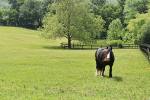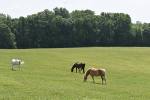MAKE AN INQUIRY
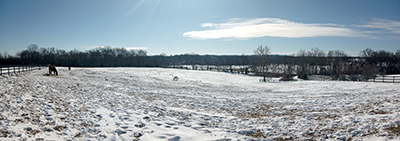
|
Ride On St. Louis, Inc. 9000 Grab Ln Hillsboro MO 63050 636-464-3408 Last Updated 2025-08-20 Public Charity Mission/How we are involved with horses: Primary Focus involving horses (Horse Welfare, Public Service, Sport & Recreation): Public Service The organization is directly responsible for the care and shelter of equines involved in the organization's programs. The organization conducts Equine Assisted Services (EAS) in accordance with the EQUUS Foundation Guidelines on Qualifications of Organizations Conducting Equine-Assisted Services (EAS)). The organization provides outreach and/or public education programs involving horses. 100% of our total programs and services are equine-related. The organization conducts its horse-related programs at one facility. |
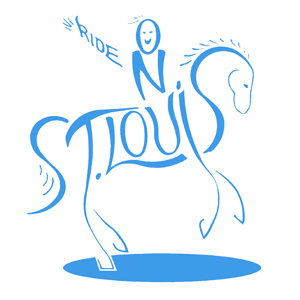
EIN: 43-1885666 Founded: 1998 
2025
|
View our WEBSITE
View our EQUINE WELFARE NETWORK PROFILE
View our PHOTO GALLERY
Make An Inquiry
206/3976/501
- Copyright © 2018
- | Contact Us Here
- Terms
- Privacy Policy
- EQUUS Foundation, 168 Long Lots Road, Westport, CT 06880 | 203-259-1550
